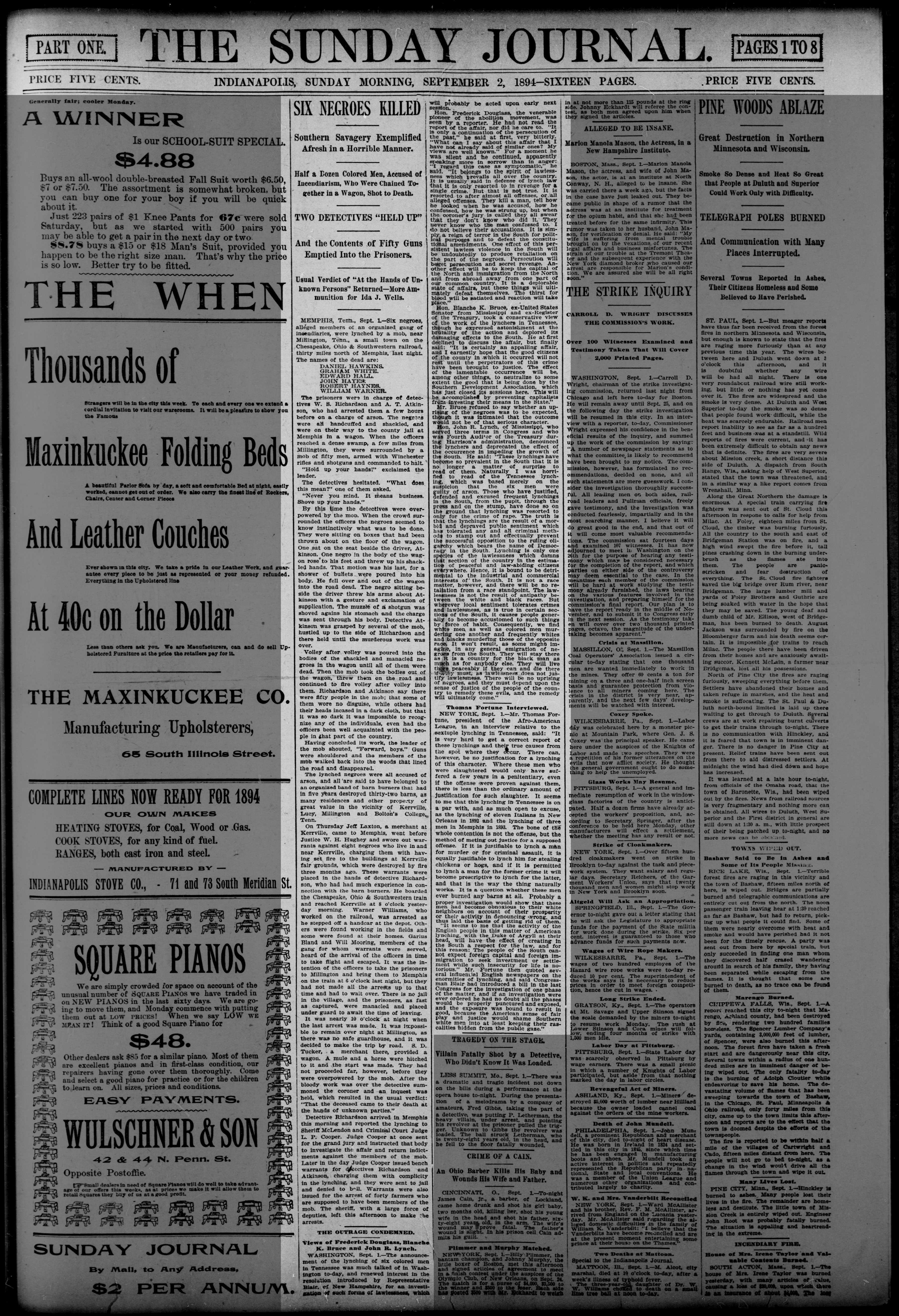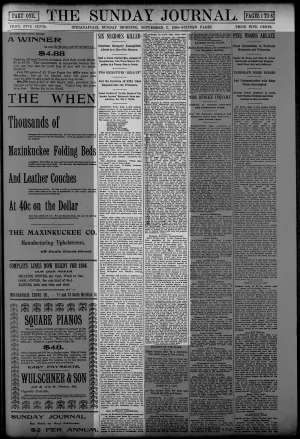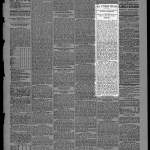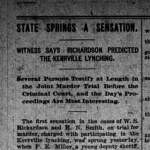SIX NEGROES KILLED
Southern Savagery Exemplified Afresh in a Horrible Manner.
Half a Dozen Colored Men, Accused of Incendiarism, Who Were Chained Together in a Wagon, Shot to Death.
TWO DETECTIVES "HELD UP"
And the Contents of Fifty Guns Emptied Into the Prisoners.
Usual Verdict of "At the Hands of Unknown Persons" Returned – More Ammunition for Ida J. Wells.
The Frederick Douglass quote is of particular interest:
"It is only a continuation of the persecution of the past," he said at first, very bitterly. "What can I say about this affair that I have not already said of similar ones? My views are well known." For a moment he was silent and he continued, apparently speaking more in sorrow than in anger: "I regard this case as symptomatic," he said. "It belongs to the spirit of lawlessness which prevails all over the country. It is usually said in defense of lynch law that it is only resorted to in revenge for a single crime. But that is not true. It is resorted to after almost all offenses, or all alleged offenses. They kill a man, tell how he looked when he was accused, how he confessed, how he was strung up, but when the coroner's jury is called they all swear that they don't know who did it. They never know who the man confessed to. I do not believe their accusations. It is simply a reign of terror in the South for political purposes and to defeat the constitutional amendments. One effect of this persistent lawless violence in the South will be undoubtedly to product retaliation on the part of the negroes. Persecution will beget persecution and secret revenge. Another effect will be to keep the capital of the North and immigration from the North and from abroad away from one part of our common country. It is a deplorable state of affairs, but these things will ultimately defeat themselves. The thirst for blood will be satiated and reaction will take place."
Thomas Fortune:
"It is a question whether these men burned any barns at all. Probably a proper investigation would show that these men had become obnoxious to their white neighbors on account of their prosperity or their activity in denouncing wrong, and thus laid the basis of getting rid of them."
The Indianapolis journal. (Indianapolis [Ind.]), 02 Sept. 1894. Chronicling America: Historic American Newspapers. Lib. of Congress. <http://chroniclingamerica.loc.gov/lccn/sn82015679/1894-09-02/ed-1/seq-1/>








